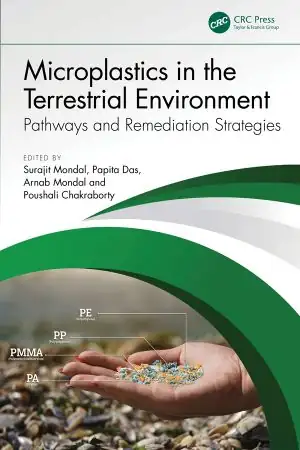
Bio-Imperialism: Disease, Terror, and the Construction of National Fragility
- Length: 242 pages
- Edition: 1
- Language: English
- Publisher: Rutgers University Press
- Publication Date: 2020-12-18
- ISBN-10: 197881478X
- ISBN-13: 9781978814783
- Sales Rank: #1298252 (See Top 100 Books)
Bio-Imperialism focuses on an understudied dimension of the war on terror—the fight against bioterrorism. This component of the war enlisted the biosciences and public health fields to build up the U.S. biodefense industry and U.S. global disease control. The book argues that U.S. imperial ambitions drove these shifts in focus, aided by gendered and raced discourses on terrorism, disease, and science. It demonstrates that the U.S. government and mass media amplified Orientalist tropes of Arabs, Muslims, and other racially marginalized communities as terrorists and disease carriers, and also circulated metaphors of white feminine fragility to stoke a sense of national fragility against bioterrorism and other germ threats. These narratives helped rationalize American research expansion into dangerous germs and bioweapons in the name of biodefense, and further, bolstered the U.S. rationale for increased interference in the disease control decisions of global south nations. Bio-Imperialism is a sobering look at how the war on terror impacted the world in ways that we are only just starting to grapple with.







